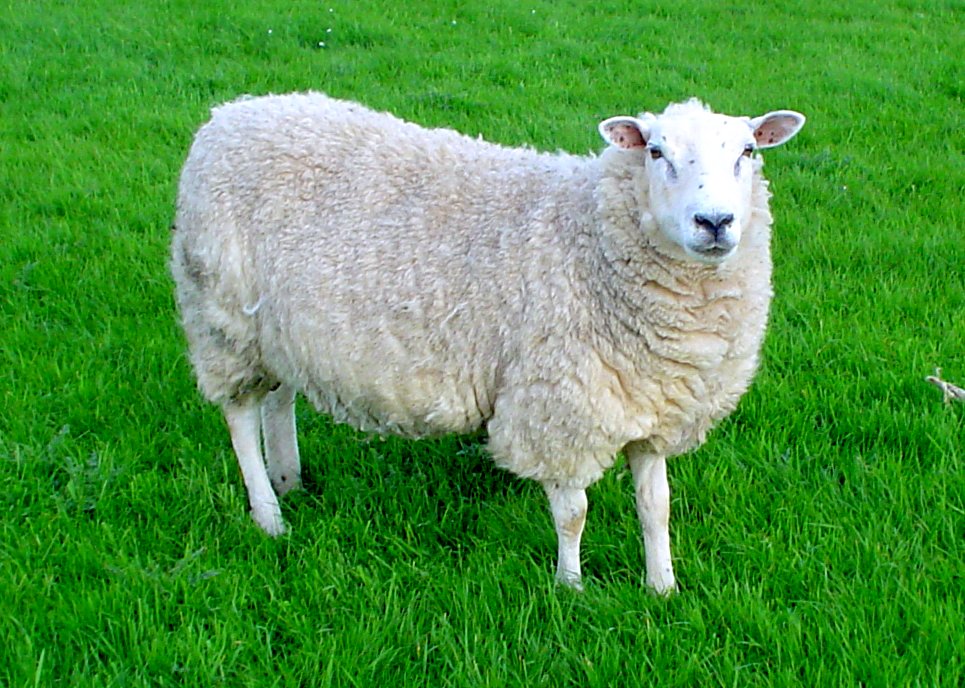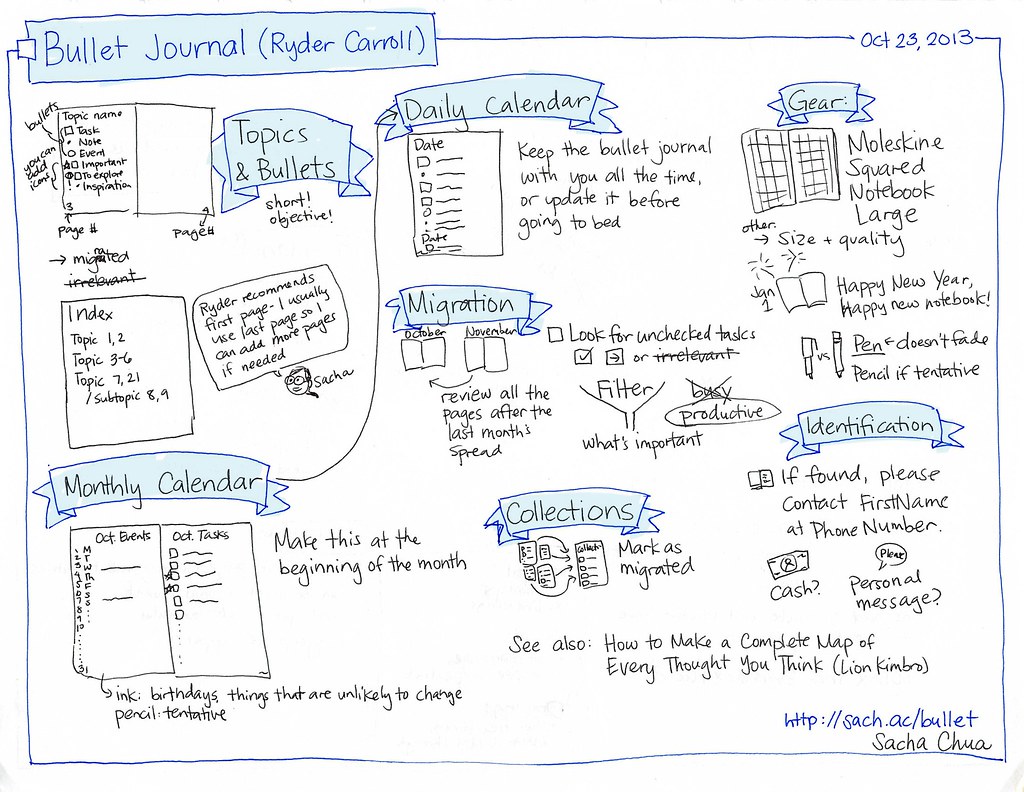[ 0. The Fool. ]
( Destroy the seed of evil, or it will grow up to your ruin. )
I. Dearest King,
your courage, faith, and strength have led to your uprising.
You’ve learned to lead, to guide, and to bring hope to your people in times of need.
You’ve learned to become the hero, the savior-- the king that the people deserve.
But you have yet to learn that fate is not kind,
even to those who deserve it.
Because your best quality, your kindness,
will be your downfall.
(Fate pleads to the gods that she may spare you,
but the gods are not always merciful.)
II. Dearest King,
there’s a traitor among your ranks.
The knife in your back digs deeper and deeper when you learn of false loyalties.
You ask yourself why, but the answer you search for never comes.
There’s hurt in your heart,
but your visage is hard as stone--
but deep down inside,
you’re suffering, aren’t you?
(Betrayal is the deepest pain life gives us.)
III. Dearest King,
what will you do?
There’s a cold fury in your eyes and a harshness in your voice.
Uncertainty fills your chest and washes the tide of anger away when you see the glint of fear in the traitor’s eyes.
You know of cruel kings; you do not know the reasons behind their actions,
nor do you know where their heart has fled to.
There is one thing you know:
you are not one of them.
(You let him live. You’ve planted the seed to your ending.)
IV. Dearest King,
you thought nothing would come of your kindness.
You should have known better than to fall victim to that facade of fear.
The traitor is back and he is not alone.
You shouldn’t have let him live; he won’t do the same for you.
The men who follow him hold greed in their smiles and laughter dances on the tip of their tongues.
They’ve gotten rid of your guards and you've been left all alone.
It’s only you and the bounty on your head now, Your Majesty.
(Dearest King, you reap what you sow.)
Author's Note: The original story is titled "The Swallow and the Other Birds". A man is planting hemp seeds while the other birds are nearby and the swallow warns the others about the man, telling them that they should pick up the seeds. However, this advice is disregarded. Later on, the man actually uses that hemp to create nets, which in turn capture the birds that refused to listen. The second line in my story is actually the last line in the original story; I had difficulty thinking of a plot, but that line stuck out to me, so I wanted to write something along the lines of betrayal and the dangers of kindness. The first line refers to tarot cards. The fool represents ignorance to the consequences of one's actions.
Bibliography. "The Swallow and the Other Birds" from Aesop's Fables by Joseph Jacobs. Web Source.













